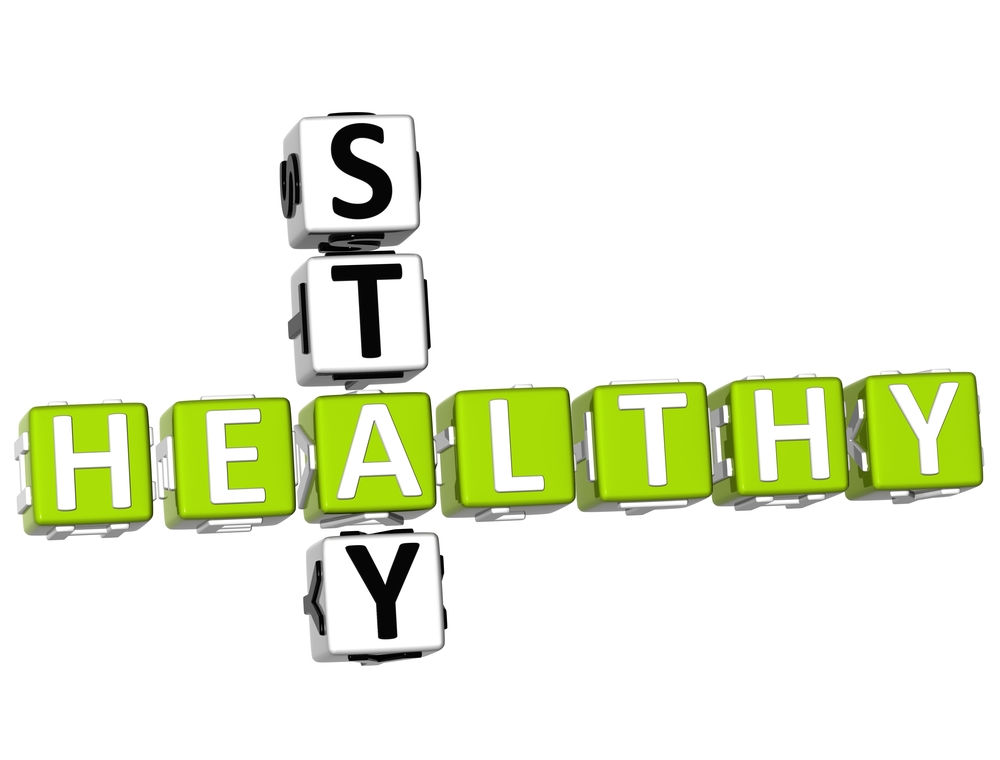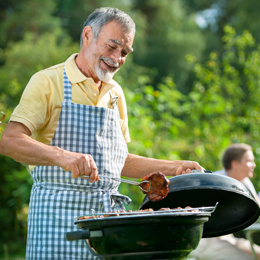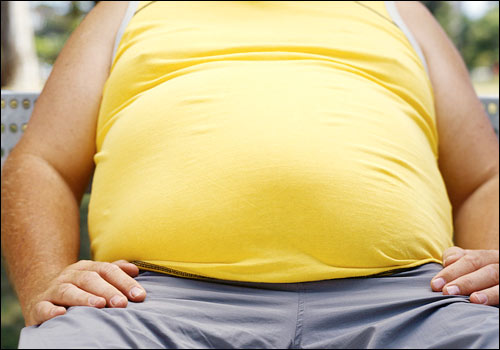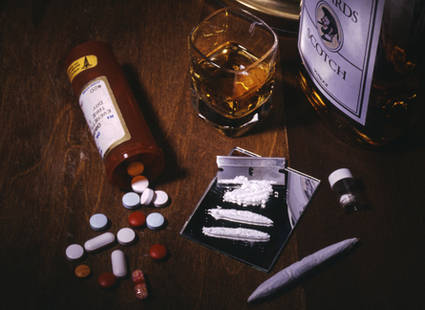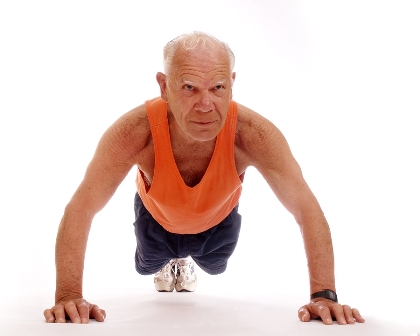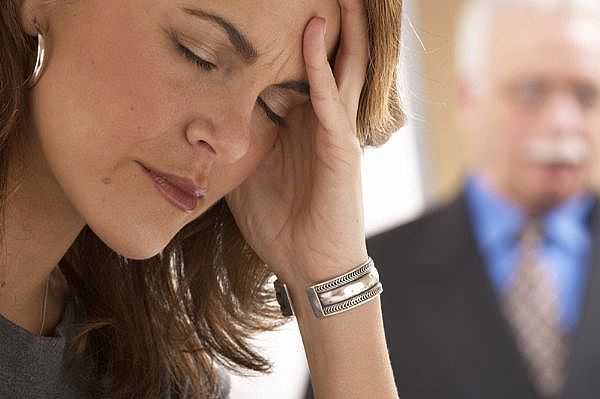 Regular physical activity is one of the most important things you can do for your health. It can help:
Regular physical activity is one of the most important things you can do for your health. It can help:
- Control your weight
- Reduce your risk of cardiovascular disease
- Reduce your risk for type 2 diabetes and metabolic syndrome
- Reduce your risk of some cancers
- Strengthen your bones and muscles
- Improve your mental health and mood
- Improve your ability to do daily activities and prevent falls, if you’re an older adult
- Increase your chances of living longer
If you’re not sure about becoming active or boosting your level of physical activity because you’re afraid of getting hurt, the good news is that moderate-intensity aerobic activity, like brisk walking, is generally safe for most people.
Start slowly. Cardiac events, such as a heart attack, are rare during physical activity. But the risk does go up when you suddenly become much more active than usual. For example, you can put yourself at risk if you don’t usually get much physical activity and then all of a sudden do vigorous-intensity aerobic activity, like shoveling snow. That’s why it’s important to start slowly and gradually increase your level of activity.
If you have a chronic health condition such as arthritis, diabetes, or heart disease, talk with your doctor to find out if your condition limits, in any way, your ability to be active. Then, work with your doctor to come up with a physical activity plan that matches your abilities. If your condition stops you from meeting the minimum Guidelines, try to do as much as you can. What’s important is that you avoid being inactive. Even 60 minutes a week of moderate-intensity aerobic activity is good for you.
The bottom line is – the health benefits of physical activity far outweigh the risks of getting hurt.
via Physical Activity for Everyone: The Benefits of Physical Activity | DNPAO | CDC.

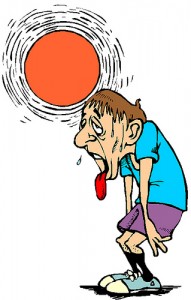

 The effects of a disaster, terrorist attack, or other public health emergency can be long-lasting, and the resulting trauma can reverberate even with those not directly affected by the disaster. This page provides general strategies for promoting mental health and resilience that were developed by various organizations based on experiences in prior disasters.
The effects of a disaster, terrorist attack, or other public health emergency can be long-lasting, and the resulting trauma can reverberate even with those not directly affected by the disaster. This page provides general strategies for promoting mental health and resilience that were developed by various organizations based on experiences in prior disasters.